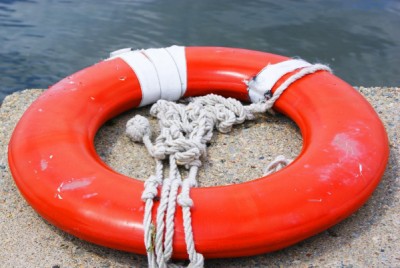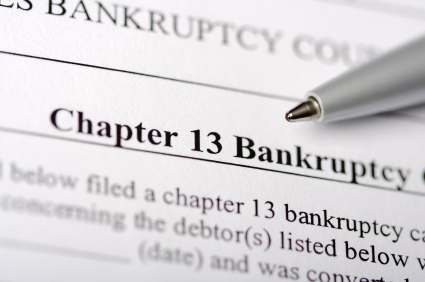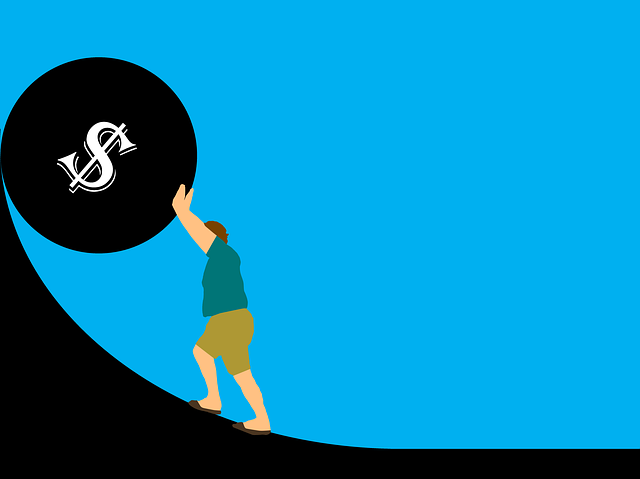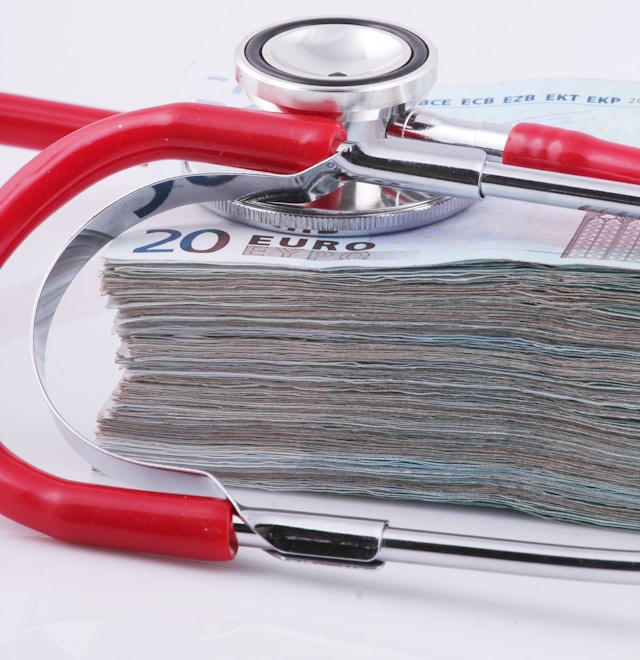The Fine Art of Debt Minimization

To hear some people tell it, there is nothing good about debt. Living a debt-free life might be the goal of every conscientious adult, but between now and that shining day, some amount of debt is unavoidable.
So, the question is more about how to minimize current debt as a strategy on the road toward becoming debt-free.
For instance, a new college grad might have to find a way to pay down a college loan as well as a vehicle loan before beginning to save for a first home.
What’s the smartest way to avoid the worst kinds of financial obligations and minimize what you owe? Or even more, you might be thinking is debt consolidation a good idea for you or not?
Here’s a strategy that works for many by differentiating between good and bad indebtedness.
Avoid High-Interest Credit Cards
Credit cards are bad enough, but high-interest plastic is the scourge of financial security. If you choose to keep one or two credit cards for emergencies or other purposes, be choosy when applying.
Check going rates and aim for average or below-average interest. Additionally, aim for cards that pay rewards, especially ones you’re most likely to use, like air miles or discounts in stores where you already shop.
Borrowing for a Degree Makes Sense
Few can afford to pay for a college degree in cash. When you need to borrow for education, remember that going with a private lender has numerous advantages, including the chance to cover the entire cost of your degree.
Use one of the many online student loan calculators to get a clear idea of what your monthly obligation will be. The calculators are simple to use.
Plugin various interest rates, repayment term lengths in months or years, and the total amount you’ll be borrowing. There’s no better way to get an advanced vision of what your degree will mean in terms of monthly payments.
Mortgages are a Part of Life
Borrowing to purchase a first home is a time-honored way to build credit, make a great investment in yourself, own an asset that can appreciate significantly, and avoid throwing money out the window on apartment rental payments.
Mortgage debt does another very good thing for your financial health, as it can boost your credit rating in a relatively short amount of time. Don’t fear borrowing for a home.
Yes, you’ll owe money. But the many advantages far outweigh the indebtedness.
Avoid New Cars
Car loans can be very good or very bad. If you take on a large one for a flashy new vehicle you really don’t need, you’re just asking for trouble.
However, if you shop wisely and purchase a high-quality used car that meets your needs for commuting and personal use, then you’ve done yourself well.
The ideal situation is finding a reliable vehicle that you can pay off in about two years and then drive, payment-free, for several years thereafter.
Budget Like a Champ
Make a detailed monthly budget in order to avoid impulse buying. A workable, effective budget has categories for every kind of spending and income unique to your situation.
Be careful to track every dollar you spend for at least one month before constructing your budget. That way, you can make realistic decisions about categories and how much to allocate to each one.
Careful budgeting is a powerful weapon in the battle against indebtedness.






